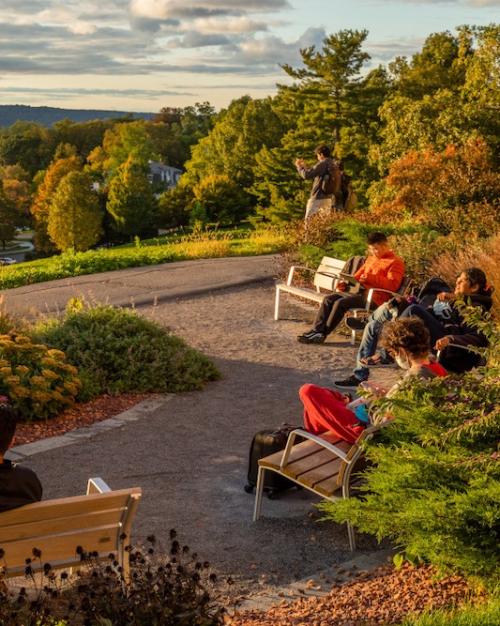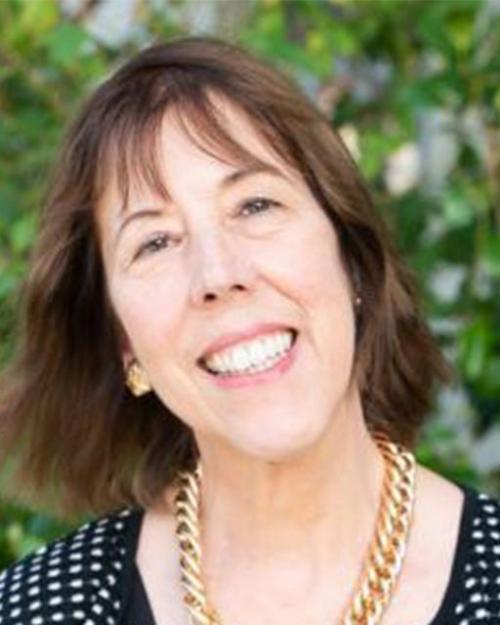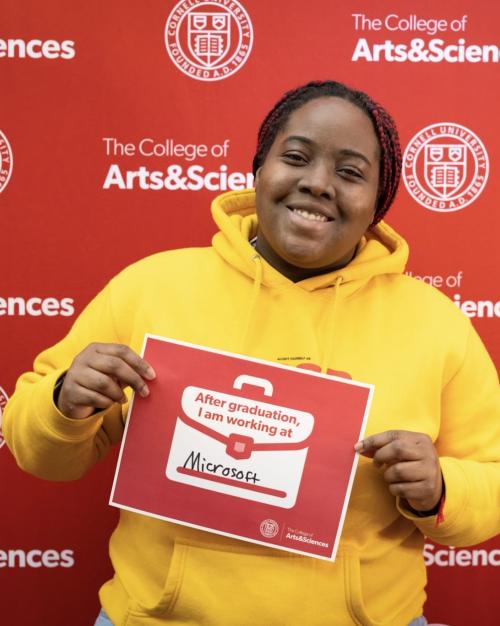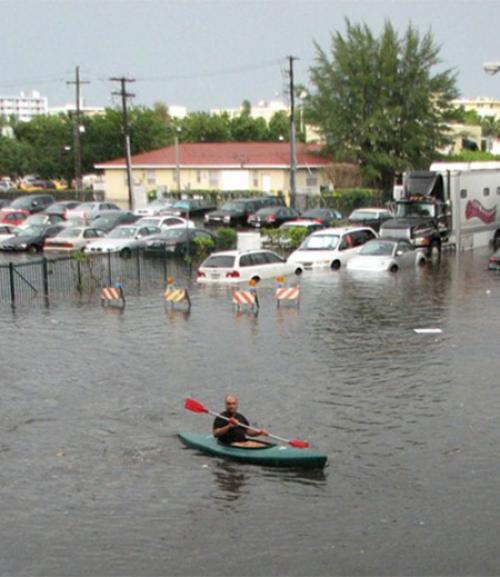This is an episode in the “What Makes Us Human?” podcast from Cornell University’s College of Arts & Sciences, showcasing the newest thinking from across the disciplines about what it means to be human in the twenty-first century. Featuring audio essays written and recorded by Cornell faculty, the series releases a new episode each Tuesday through the fall.
Some years ago, I became enchanted by Atlantis. I was thinking about the possibility of common ground, amidst the rising waters of climate change. We all start off enwombed, surrounded by lapping water. But soon we crawl out onto the shore and cling to mother earth, and then water, the universal solvent, with its power of erasure, comes to embody our fear of death. When the deluge arrives, it wipes out any hint that you ever lived.
The legend of Atlantis gives our shared dependence, our shared fear, our shared humanity, a specific name and place: it belongs to everyone. It is the ultimate commons.
Often, I wish that environmentalists would stop trying to “save the planet” and focus on the injustice of unequal exposure to environmental threats and unequal access to environmental necessities. Yet it’s worth noting that those necessities—sunlight, air, water, soil, and the rooted things that soil nurtures—are universal. Each community is a threatened Atlantis, and they are all connected in a web of relationships.
The Atlantis story has its limits, though, and ultimately I got tired of its moralistic logic. Our society is certainly guilty of some of the same hubris and systematic oppression that supposedly doomed Atlantis. But most of the people currently suffering from the impact of climate change are not the ones most responsible for causing it. In the ancient world, tragedy seemed to abide by a certain logic; in the modern world, I find more sense in the theater of the absurd.
I watched both of my parents develop Alzheimer’s Disease, watched as their damaged brains turned them into completely different human beings. I went from having almost everything in common with them to having almost nothing in common with them. Friends and acquaintances always asked me: do they still recognize you? Well, yes, usually. But I didn’t recognize them.
Most people who have been through The Dementia Maze agree that the only viable coping strategy is to find humor in the surrealism. So: there’s my dad, insisting that his “mixed drink” requires a splash of every single liquid in the fridge. There’s my mom, telling me on the phone that she’d like to put my (dead) father on the line, but he’s gone to the apple orchard and won’t be back until tomorrow.
We’re all born, we all die, and in between most of us develop an acute sense of tragedy. Thankfully, at a very young age, we also learn to laugh.
So how do I think about climate change now? I think: isn’t it possible that we’ll be better off without Miami?
More "What Makes Us Human" podcasts are available on iTunes and Soundcloud.
photo by Maxstrz via Flickr CC




